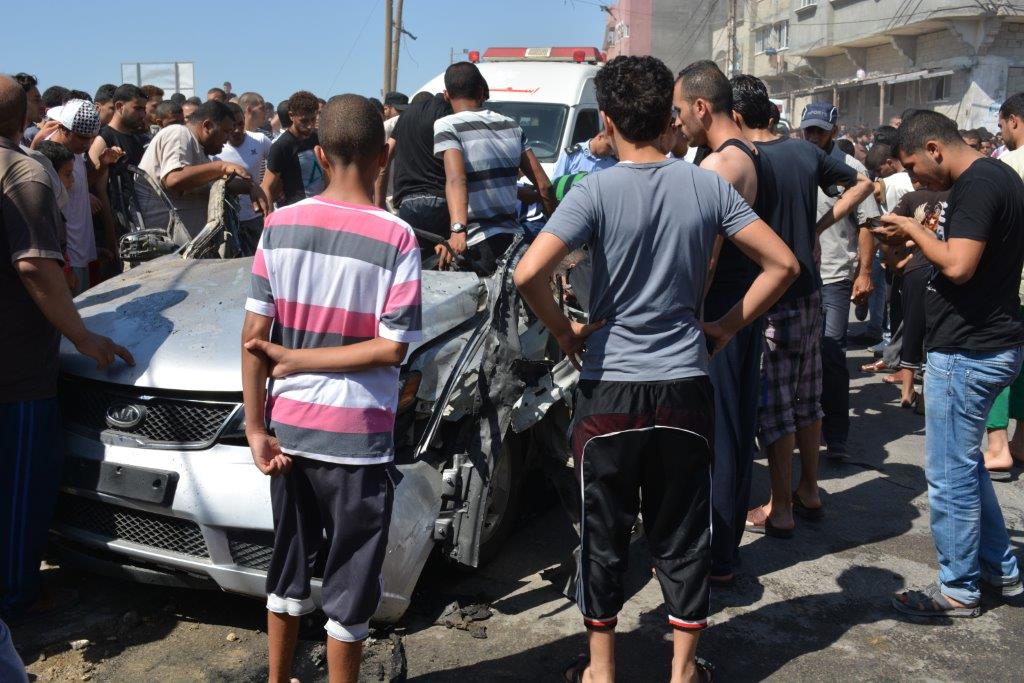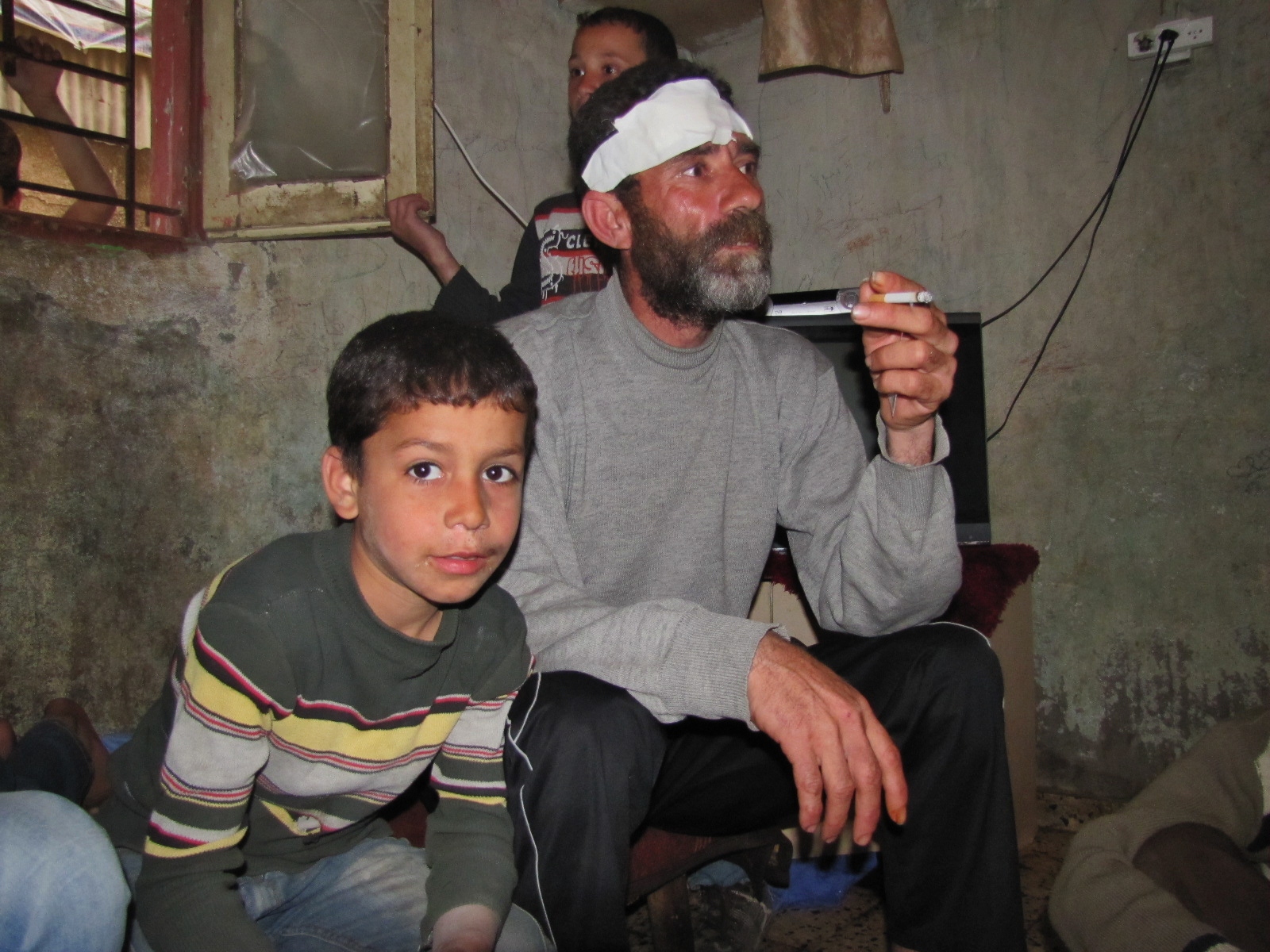Tag: Shati Camp
-
Two fishermen arrested by Israeli navy and their boat confiscated
17th June 2013 | International Solidarity Movement, Rosa Schiano | Gaza, Occupied Palestine During the night of Friday, June 7, 2013 there was an escalation of attacks by the Israeli navy against the fishermen of Gaza. The Committee of the fishermen of the Union of Agricultural Workers Committees had reported attacks along the coast of…
-
Khamis, injured by the Israeli navy while fishing in the waters of Gaza
by Rosa Schiano 27 March 2012 | il Blog di Oliva A Palestinian fisherman, Khamis Baker, was injured on Sunday morning when the Israeli navy opened fire on a group of Palestinian fishing boats in the waters of Gaza. The Khamis family’s home, in Al-Shati camp (“Beach” camp), is poorly lit , the ceiling falls…


